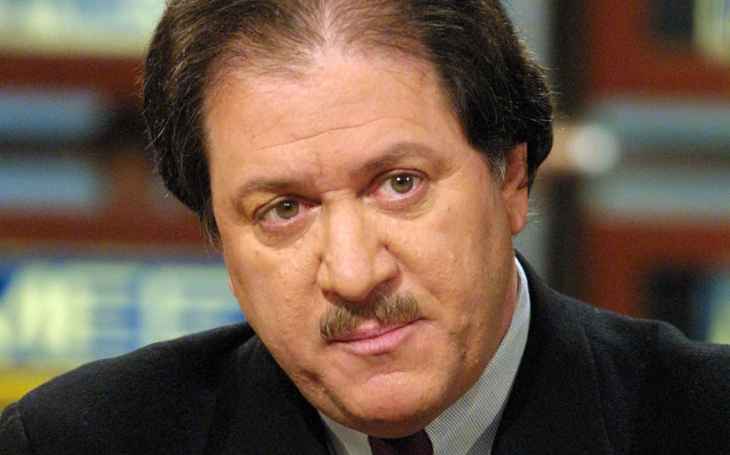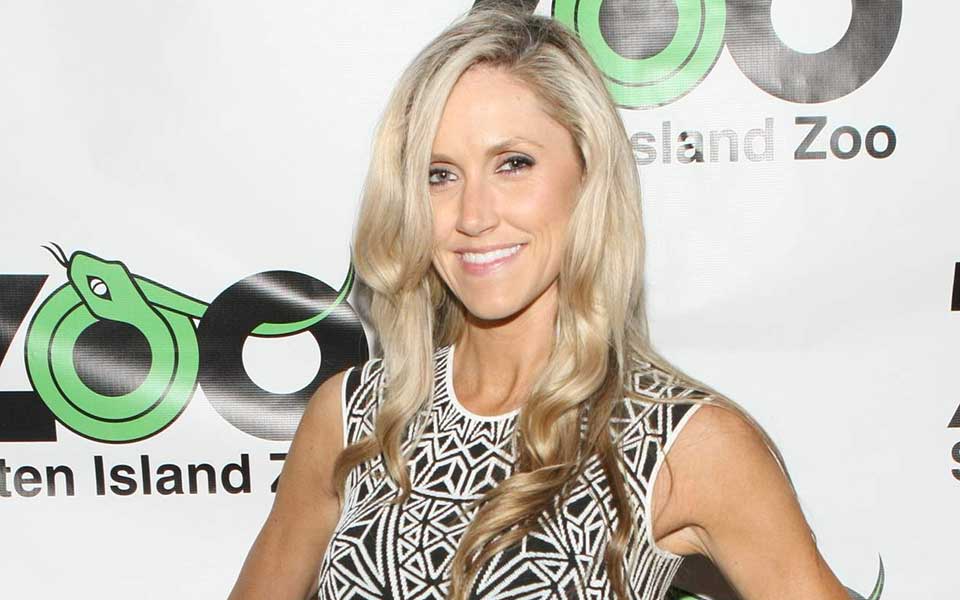Stefan Löfven is the incumbent and 33rd Prime Minister of Sweden. He assumed office on 3 October 2014 as the successor of Frederik Reinfeldt. Löfven is also the Leader of the Social Democrats Party since 27 January 2012. From 2006 to 2012, Löfven held the office of Chairman of IF Metall.
Early Life and Education
Born on 21 July 1957, Löfven was abandoned by his parents when he was just a 10-month-old kid. Hence, he lived in the custody of foster parents in Sunnersta, Solleftea. As a child, Löfven went to Solleftea High School and joined Umea University for undergraduate studies in social work.
Personal Life
Stefan Löfven found out his real surname only after meeting his brother. Raised by a lumberjack and factory worker father and health visitor mother, Löfven had a middle-class life.
In 2003, Stefan Löfven married Ulla Löfven. The couple met as workers in Hagglunds & Soner. Ulla has two children from her previous marriage.

Career
Stefan Löfven finished his Swedish military service in 1977 and went to Örnsköldsvik to find a job. In 1978, he started working as a welder at Haggulands & Soner, the place where he found his future wife. A leader by nature, Löfven quickly became a favorite among his group of workers and even started representing the group in the union. Consequently, Löfven ascended the post of ombudsman in the Swedish Metalworkers’ Union and later became its vice chairman. In 2005, Löfven joined IF Metall as Chairman.
As Löfven became the Chairman of IF Metall, he was appointed as one of the executive members of the Social Democrats Party. Having a large support from the union workers, Löfven was one of the most powerful people on the board. As the incumbent Leader of the party resigned, Löfven was automatically considered to become his successor. On 27 January 2012, Löfven officially assumed Leader’s office as the successor of Hakan Juholt.
As Leader of the party, Löfven was the face of Social Democrats in the 2014 EU Parliament election. As a result, the Social Democrats party retained its position as the greatest Swedish party in the EU parliament, although the seats gained had decreased from six to five. Likewise, Löfven also led his party during the 2014 general election. Although the party became the largest party, it wasn’t able to gather enough votes to form a coalition government. Hence, the Social Democrats and the Green party collaborated to form a government under the premiership of Löfven. Löfven joined the government as Prime Minister on 3 October 2014.
As Prime Minister, Stefan Löfven is largely vigilant on pension system, energy development, and defense policy. Unfortunately, the very first year of Löfven’s tenure was faced with a budget crisis. As the alliance parties voted down the proposed budget, new election was announced. Later, the party alliances came together to allow minority government to introduce its own budget which would be effective until 2022 general election.
Besides budget crisis, Sweden was also largely affected by the European Migrant Crisis. As of 2015, the Swedish government took in 150,000 refugees. Since the refugee influx was so rapid, the government decided to impose temporary border controls and introduced the idea of identity checks. In terms of foreign affairs, Löfven is one of the few countries officially recognizing Palestine as an independent state. Likewise, he frequently advocates for managed, stronger and impartial trade agreements in the Transatlantic Trade and Investment Partnership.
Donald Trump and Stefan Löfven
In February 2017, President Trump attacked Sweden’s migrant policies by attributing refugee influx to the rising crime rates in Scandinavia. He wrote on twitter: Give the public a break – The FAKE NEWS media is trying to say that large-scale immigration in Sweden is working out just beautifully. NOT!
Give the public a break – The FAKE NEWS media is trying to say that large scale immigration in Sweden is working out just beautifully. NOT!
— Donald J. Trump (@realDonaldTrump) February 20, 2017
Likewise, while giving a speech in Florida, Trump remarked, “You look at what’s happening in Germany, you look at what’s happening last night in Sweden. Sweden, who would believe this? Sweden. They took in large numbers. They’re having problems like they never thought possible.”




